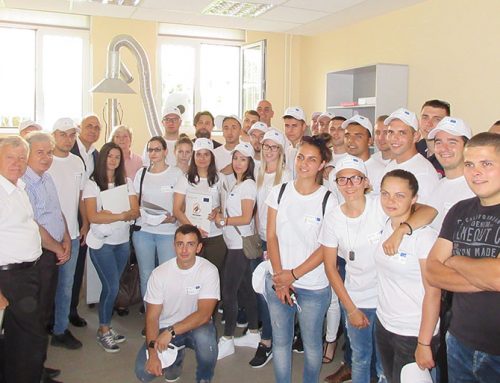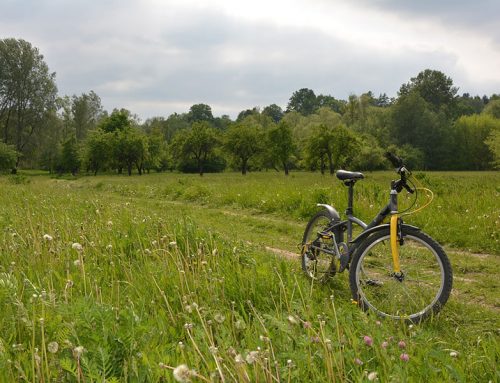The wood industry in Serbia has great potential for development. The country has a plentiful supply of high quality raw base materials and a pool of workers skilled in processing wood to form finished wood products, furniture and paper. In recent years, however, this sector of the country’s economy has been hampered by outdated equipment, scattered resources and a lack of expertise in the latest sector-specific skills, such as computer-aided design and manufacturing and coating.
Kraljevo Forestry School is situated in the south-west Serbian district of Raška, an area where the wood industry is active and unemployment – as in most of Serbia – is high. According to the National Employment Agency in 2012, nearly a third of the country’s working-age population is jobless. Keen to develop and modernise its wood industry and create jobs in the area in the process, the forestry school applied for a grant from an EU-funded scheme in 2010 to enable it to raise the competitiveness of its local wood processors through training and investment in new equipment.
Out of 234 applications received by the EU’s Regional Socio-Economic Development Programme 2 Grant Scheme, Kraljevo Forestry School’s proposal was one of the 32 successful ones. Over a period of two years, the Forestry School project, which concluded in February 2013, invested its €500 000 EU grant in activities. These were directed at increasing the productivity and market performance of small wood processing companies and, in some cases, individual carpenters based in Raška and the neighbouring district of Moravica.
Increased export potential
Through its activities, the project gradually built up a network of around 50 wood processors in the area, laying on business and management training for executives from 30 companies at the Forestry School. It also assisted these companies in preparing the ground work for them to acquire certification from the Forest Stewardship Council – an endorsement which helps them gain greater access to international markets. A number of the participating companies also went on to acquire ISO 9001 certification, attesting to their compliance with the ISO global quality management standard.
Providing further training in veneering and computer controlled processing of wood to both employed and unemployed wood workers on the Forestry School’s premises was also part of the project’s long-term plan. Before workshops in these subjects could start, the project made use of the Regional Socio-Economic Development Programme grant to buy state-of-the-art veneering and computer controlled wood processing equipment and install it in the School in 2012.
The equipment’s arrival provided the School with a much-needed technological boost. Says Project Manager Petar Jeknic: “Thanks to EU funds, we modernised the premises with machines that the School alone could not have afforded… We are now preparing a new programme which will see students trained to work on highly sophisticated machines.”
More information
Project: Enhancing Competitiveness of the Wood Industry
Implemented by: Kraljevo Forestry School – www.sumarska.edu.rs
See also: Regional Development Agency of Raška and Moravica Districts – www.kv-rda.org; Regional Chamber of Commerce Kraljevo – www.rpk-kraljevo.co.rs




